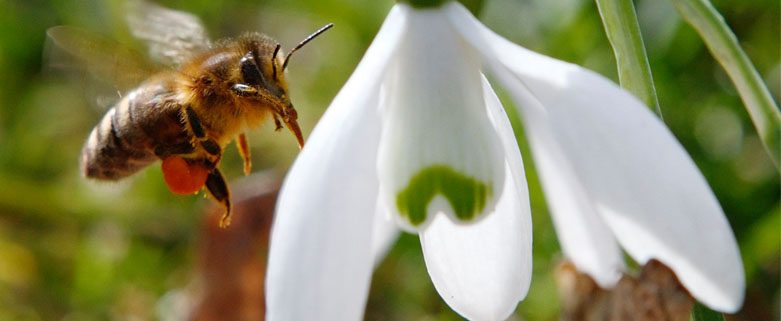They are measures being met with fierce opposition, with the ban on some of the world’s most widely-used insecticides – neonicotinoids – having the potential to put chemical companies billions of dollars out of pocket.
But, the government has come increasingly under attack by MPs on the environmental audit committee (EAC).
“The environment department seems to be taking an extraordinarily complacent approach to protecting bees given the vital free service that pollinators provide to our economy,” said Joan Walley, the chair of the EAC.
“We believe that the weight of scientific evidence now warrants precautionary action.”
Three-quarters of the world’s food crops depend on insect pollination, but bee numbers have been seriously declining in recent years, due to a number of factors including disease, destruction of their natural habitat, and according to the latest scientific evidence, some pesticides.
Also under threat from the pesticides are butterflies, beetles, and moths, who are wild pollinators, similar to bumblebees..
The high-profile scientific studies carried out over the last 12 months have found increasingly strong links between the neonicotinoids and the loss of bee life. In January, the European Food Safety Agency declared neonicotinoids an “an unacceptable risk to bees when used on flowering crops”, according to The Guardian.
There are already some bans in place in France, Italy, Germany and Slovenia. But the idea of a two-year ban flopped in the UK. Though, investigations are not likely to cease any time soon.
In the US, the Environmental Protection Agency is being sued by beekeepers and environmental groups over a similar “failure” to protect pollinators from neonicotinoids.
The news follows the recent findings of Scottish scientists who discovered that bees exposed to two common pesticides suffered brain and memory loss, affecting their ability to decipher which floral scents would lead them to the best nectar.







